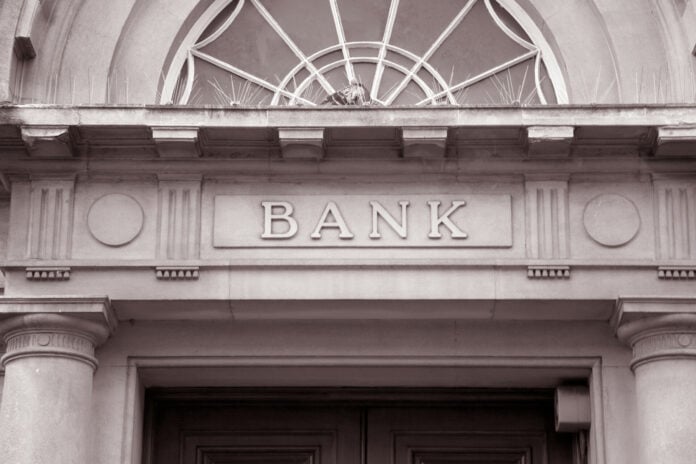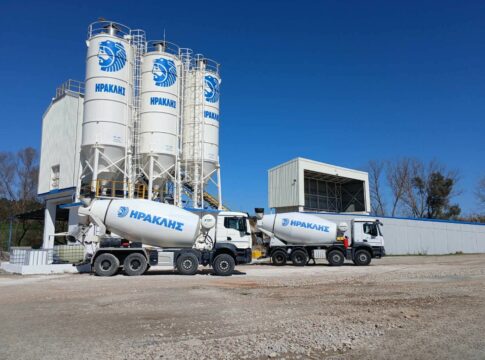The negative credit expansion appears at the moment as the biggest problem of credit institutions, while there is risk that this will slow down development plans.
Many of the projects that have been announced seem to be freezing since companies are not willing to pay such high interest rates. Thus, if the projects are not part of a RRF financing framework, they halt, according to banking officials, while large companies with significant liquidity repay their loans in order to stop paying excess interest rates.
On the other hand, as all banks reported, there are no bad loans in the business sector, with the exception of Avramar, which concerns all the banks and even though the company appeared to have no debts six months ago.
Eurobank’s negative exposure is estimated at 200 million euros, Piraeus’ at 300 million euros, National Bank’s at 100 million euros and Alpha Bank’s at 400 million euros. This means that loan repayments are higher than loans granted, which makes credit growth negative.
At the same time, performing loans in the banks’ portfolios as recorded in the first quarter of the year are 26.3 billion euros for Eurobank, 28.3 billion euros for Piraeus Bank, 27.6 billion euros for National Bank and 26.9 billion euros for Alpha Bank. This trend is likely to continue in the second quarter of the year.
The monthly net flow of funding to businesses in April 2023 was negative at 582 million euros, compared to a positive net flow of 1,236 million euros the previous month.














